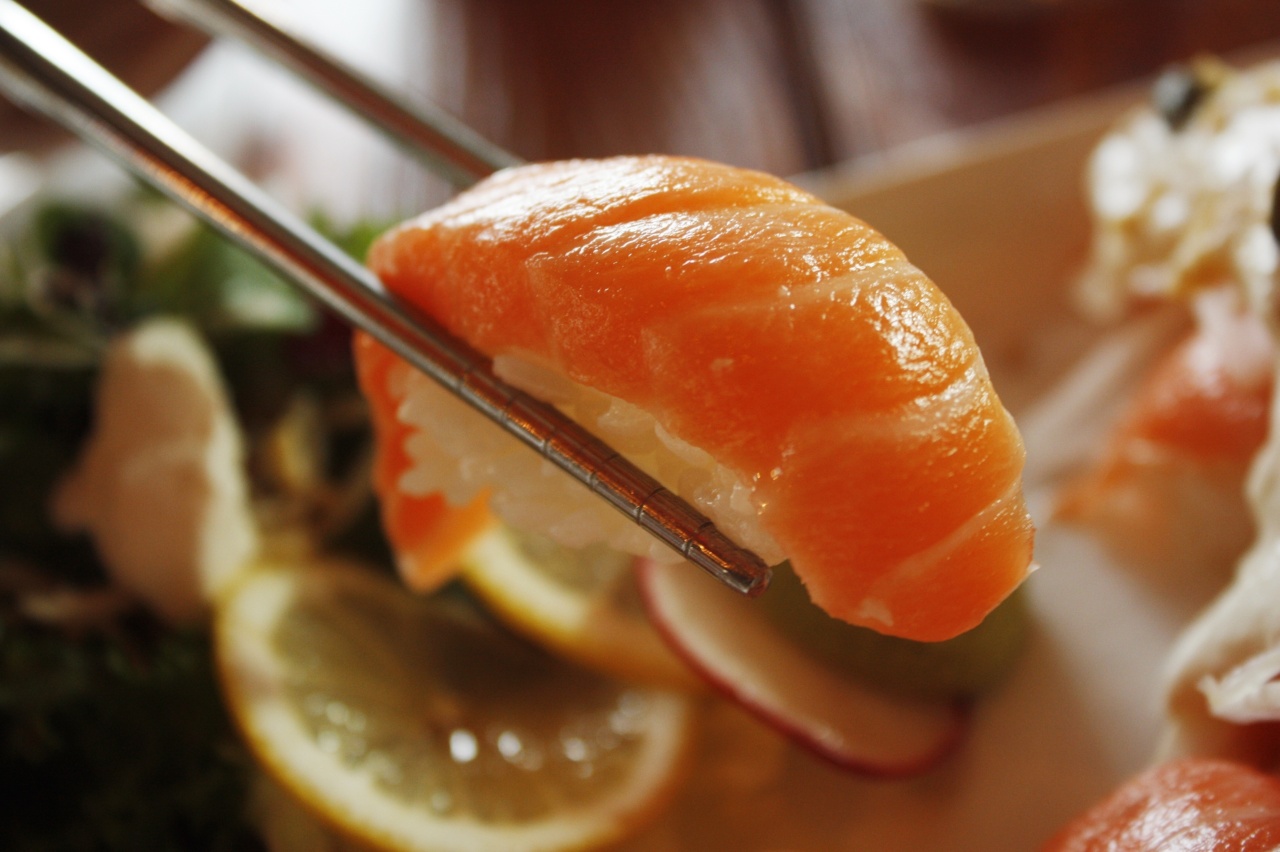In today’s fast-paced world, making dinner time decisions can often feel overwhelming. With the plethora of options available at our fingertips, it’s crucial to consider the impact our choices have on our health, including cancer prevention.
According to the World Health Organization, cancer is one of the leading causes of death worldwide, responsible for an estimated 9.6 million deaths in 2018 alone. However, by making informed decisions about our dinner choices, we can potentially reduce our risk of developing cancer.
1. Embrace a Plant-Based Diet
One of the primary steps towards reducing the risk of cancer is to embrace a plant-based diet.
Numerous studies have consistently shown that diets rich in fruits, vegetables, whole grains, and legumes are associated with a lower risk of various types of cancer, including colorectal, breast, and prostate cancers.
2. Limit Processed and Red Meat Consumption
Processed and red meats have been classified as Group 1 and Group 2A carcinogens by the International Agency for Research on Cancer (IARC).
This means that there is strong evidence linking their consumption to an increased risk of developing cancer, particularly colorectal cancer. To minimize your risk, consider replacing processed and red meats with healthier alternatives such as lean poultry, fish, or plant-based proteins.
3. Opt for Organic and Locally Sourced Foods
When it comes to cancer prevention, opting for organic and locally sourced foods can be beneficial. Organic foods are grown without the use of synthetic pesticides, herbicides, or genetically modified organisms (GMOs).
Locally sourced foods, on the other hand, are often fresher and contain fewer preservatives. By choosing organic and locally sourced options, you can minimize your exposure to potentially harmful chemicals and additives.
4. Include Antioxidant-Rich Foods in Your Diet
Antioxidants are powerful compounds that help protect our cells from damage caused by free radicals, which can contribute to the development of cancer.
Including antioxidant-rich foods such as berries, leafy greens, nuts, and seeds in your dinner can provide an added layer of protection against cancer.
5. Avoid Excessive Alcohol Consumption
Alcohol consumption has been consistently linked to an increased risk of various types of cancer, including liver, breast, colorectal, and esophageal cancers. To reduce your risk, it’s important to limit your alcohol intake.
The American Cancer Society recommends that women should consume no more than one alcoholic drink per day, while men should consume no more than two per day.
6. Be Mindful of Food Preparation Methods
The way we prepare our food can also impact its cancer-fighting properties.
Cooking methods such as grilling, frying, or charring meats at high temperatures can produce carcinogenic compounds known as heterocyclic amines (HCAs) and polycyclic aromatic hydrocarbons (PAHs). To minimize your exposure, opt for healthier cooking methods like baking, steaming, or boiling.
7. Choose Whole Foods over Highly Processed Options
Highly processed foods often contain a mix of artificial additives, preservatives, and unhealthy fats, all of which have been linked to an increased risk of cancer.
Instead, opt for whole foods that are minimally processed and closer to their natural state. These include fruits, vegetables, whole grains, and lean proteins.
8. Incorporate Cancer-Fighting Herbs and Spices
Certain herbs and spices have been shown to possess cancer-fighting properties. Turmeric, for example, contains an active compound called curcumin, which has been studied extensively for its anti-cancer effects.
Garlic, ginger, cinnamon, and rosemary are among the other herbs and spices that may help protect against cancer. Incorporating these ingredients into your dinner recipes can provide both flavor and health benefits.
9. Avoid Sugary Drinks and High-Sugar Desserts
Sugary drinks and high-sugar desserts not only contribute to weight gain, but they have also been associated with an increased risk of cancer.
Research has linked the consumption of sugary beverages to an elevated risk of developing various types of cancer, including pancreatic, colorectal, and breast cancers. Instead, opt for water, unsweetened tea, or naturally-flavored beverages.
10. Maintain a Healthy Body Weight
Being overweight or obese is a significant risk factor for several types of cancer, including breast, colorectal, kidney, pancreatic, and esophageal cancers.
By maintaining a healthy body weight through a balanced diet and regular physical activity, you can reduce your risk of developing these cancers. Dinner choices that are low in calorie density, rich in fiber, and high in nutrients can help support weight management.






























